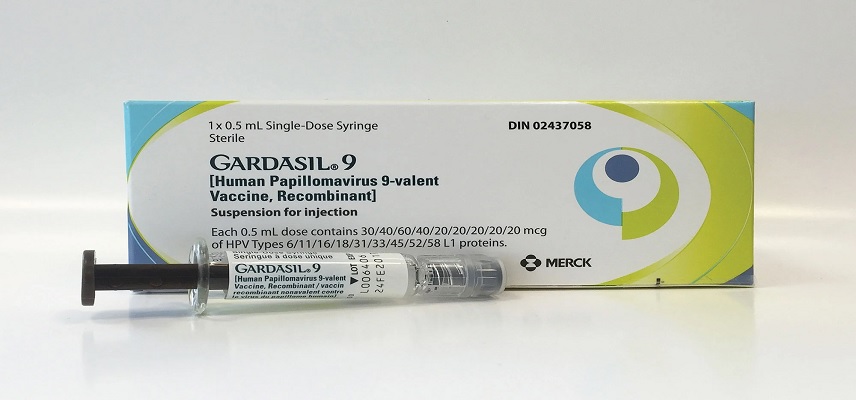No notifications yet

Merck to conduct trials of novel investigational multi-valent HPV vaccine and single-dose regimen for Gardasil 9
Merck, known as MSD outside of the United States and Canada, at the EUROGIN 2024 HPV Congress, announced plans to initiate clinical development of a new investigational multi-valent HPV vaccine designed to provide broader protection against multiple HPV types. Separately, the company also plans to conduct clinical trials in both females and males to evaluate the efficacy and safety of a single-dose regimen of Gardasil 9 (Human Papillomavirus 9-valent, recombinant), compared to the approved three-dose regimen.
“Evidence continues to emerge showing the importance of Gardasil and Gardasil 9 to public health,” said Dr. Eliav Barr, senior vice president, head of global clinical development and chief medical officer, Merck Research Laboratories. “These significant investments build upon our leadership and importantly provide the opportunity to further impact the global burden of certain HPV-related cancers and disease.”
The Gardasil 9 oropharyngeal and head and neck cancer indication is approved under accelerated approval based on effectiveness in preventing HPV-related anogenital disease. Continued approval for this indication may be contingent upon verification and description of clinical benefit in a confirmatory trial.

Sick and tired of always wondering if you are being asked to pay the right price for your APIs? This empowers you with the answers you need to make the right decisions in the Global API market.
Chemxpert Database is one of the biggest and most comprehensive directories of pharma and chemicals, manufacturers, suppliers and information. Provided with current information on prices, demand and transactions, it gives you instant feedback on whether you are buying what is right and at the right time.
Start using market intelligence today and allow yourself to be in control in the API market.
Check it out today and make more informed sourcing decisions! Learn More!
